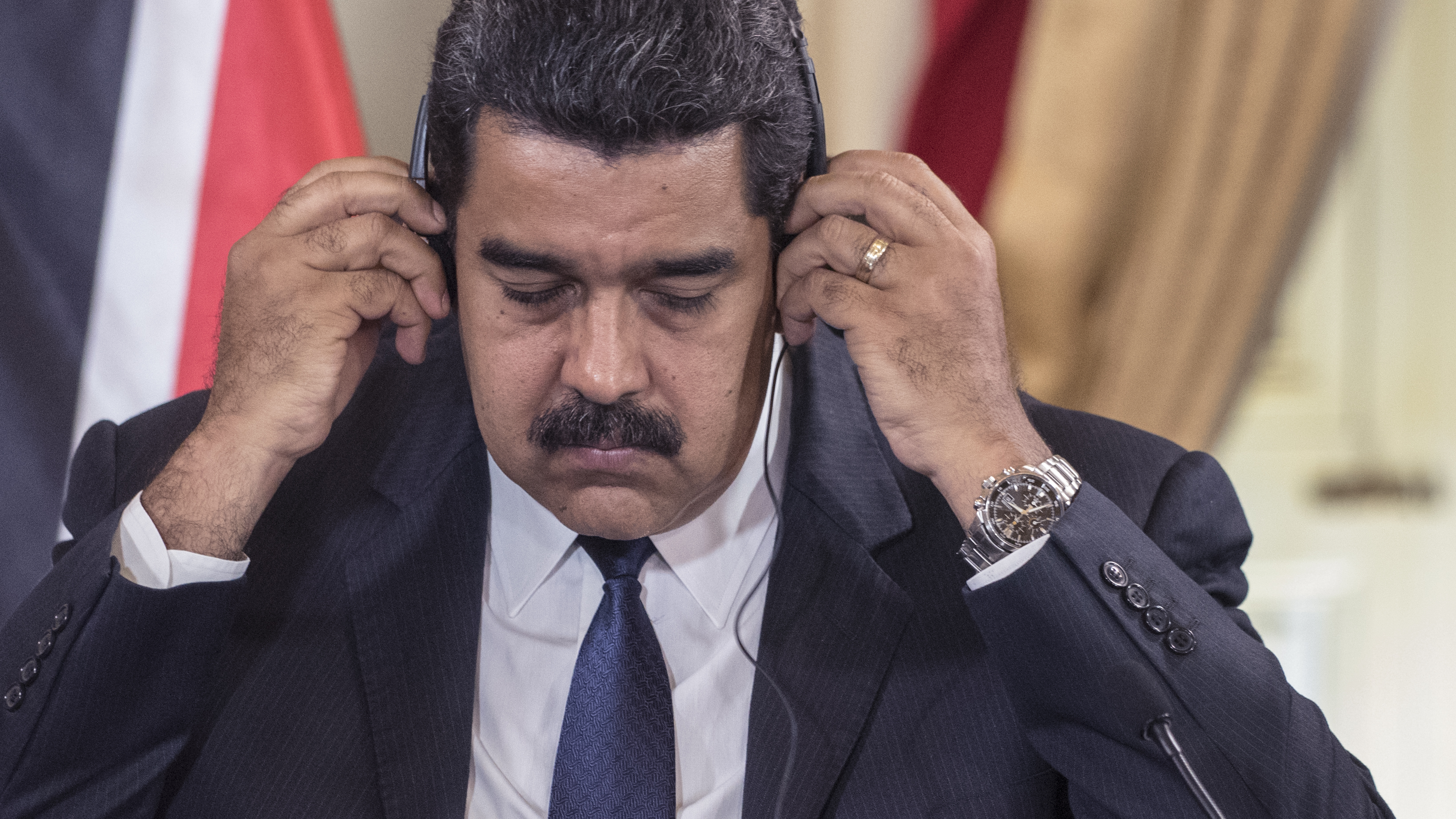Charlie Savage and the NSC Lawyers Group
A key theme of Charlie Savage’s new book is that the Obama Administration -- led by a President, Vice President, Secretary of State, and (for a time) National Security Advisor who were all lawyers -- has been marked by “lawyerliness” in its national security decisonmaking.
Published by The Lawfare Institute
in Cooperation With

A key theme of Charlie Savage’s new book is that the Obama Administration -- led by a President, Vice President, Secretary of State, and (for a time) National Security Advisor who were all lawyers -- has been marked by “lawyerliness” in its national security decisonmaking. He asserts that the Obama era has been “government by lawyer, methodical and precise -- sometimes to a fault.” As one example, Charlie writes that, in order to avoid the errors it perceived in Bush Administration national security decisionmaking, “the Obama team revived the interagency national security lawyers group, a bureaucratic institution from the 1990s that the Bush-Cheney Administration had essentially dismantled.” On this point, Charlie overstates the case. In fact, the NSC “lawyers group” continued to meet regularly throughout the Bush Administration to consider and develop consensus on numerous legal issues; unfortunately its processes were circumvented in some significant matters, especially in the first term. The Obama Administration does appear to have placed a greater emphasis on consensus among interagency lawyers in most cases, although as Charlie explains, the Obama Administration has also engaged in some irregular legal processes, such as the White House’s overruling of OLC’s interpretation of the War Powers Resolution and the exclusion of both OLC and the State Department Legal Adviser in the review of legal issues relating to the UBL raid.
The NSC “lawyers group” was officially created by President George H.W. Bush by National Security Directive 79 to review certain intelligence matters. As I understand it from my predecessors, the lawyers group met regularly throughout the Clinton Administration. When she became National Security Advisor, Condoleezza Rice decided to retain the lawyers group. When I was NSC Legal Adviser from 2001-2005, I chaired the lawyers group and continued to use it to review numerous national security legal issues, including intelligence operations and counterterrorism matters. For example, as described in the 9-11 Commission report, in the summer of 2001, the lawyers group developed and agreed on the legal basis to use an armed Predator to kill Bin Laden. The general counsels of State, CIA, and DoD were invited to lawyers group meetings, although in practice they were more often represented by one of their deputy general counsels; OLC was generally represented by a Deputy Assistant Attorney General or senior lawyer responsible for national security issues, and the JCS was represented by the Chairman’s Legal Adviser.
Some senior Bush Administration officials (both policy officials and lawyers) were not comfortable with legal decisionmaking by interagency consensus, which they believed to be slow and insufficiently deferential to the legal responsibilities of individual agencies, including OLC. (Secretary Rumsfeld, for example, had long been skeptical of NSC processes and preferred to receive legal advice from his own lawyers rather than from an interagency group.) As a result, especially on counterterrorism issues after 9-11, consequential legal decisions were made by smaller groups of interagency lawyers. For example, Jack Goldsmith describes in The Terror Presidency that after 9-11,senior lawyers from DoD, OLC, the White House Counsel’s Office, and the Vice President’s Office created an informal “War Council” that excluded lawyers from the State Department, CIA, NSC, and JCS. And as Charlie Savage notes, Secretary Rice describes in her memoirs how the executive order creating military commissions in 2001 was prepared without the knowledge of the State Department, the CIA, or the NSC staff. National security legal processes were generally more inclusive and consensus-based in the Bush Administration’s second term.
Although I understand the argument that each agency head should rely primarily on his or her own general counsel for legal advice rather than defer to an interagency group, this model often does not work well in practice on complex issues. When disagreements on legal issues emerge at meetings of NSC Deputies and Principals, these senior policy officials often waste valuable policy time trying to debate legal details; they inevitably turn to their lawyers to explain the agency legal positions and/or to work out their differences with the lawyers from other departments. In my experience, it is also does not work well to rely exclusively or predominantly on OLC for opinions on national security law issues, especially questions involving international law. National security decisionmaking can usually be conducted more efficiently if interagency lawyers have discussed the issues in advance and attempted to reach consensus. If consensus cannot be reached, an NSC Principal is free to express a different view, as informed by her or his general counsel. And OLC can be asked for a definitive interpretation of domestic statutes, if necessary.
Although the Obama Administration did not “revive” the interagency lawyers group, they do appear to have placed greater emphasis on reaching interagency legal consensus on most issues. Nonetheless, that general approach was not followed in important cases. As we have discussed extensively on this blog, it was unprecedented, and troubling, that the White House apparently ignored OLC’s interpretation of the term “hostilities” in the War Powers Resolution in the context of the Libya operation. And it was similarly quite surprising that both OLC and the State Department Legal Adviser were excluded from the Obama Administration’s review of the Bin Laden raid. Both Jack and Marty Lederman have addressed the exclusion of OLC, but I was equally if not more concerned by the exclusion of the Legal Adviser for an operation in Pakistan that raised numerous international law issues. Although the planned operation was understandably the government’s most closely guarded secret, the State Department Legal Adviser would have been best-positioned to advise on its consistency with international law and its impact on other countries.




